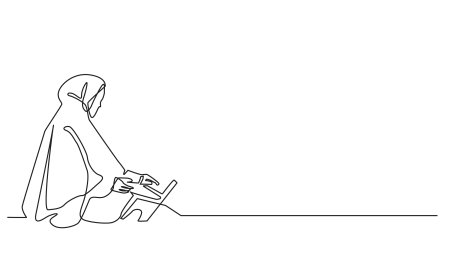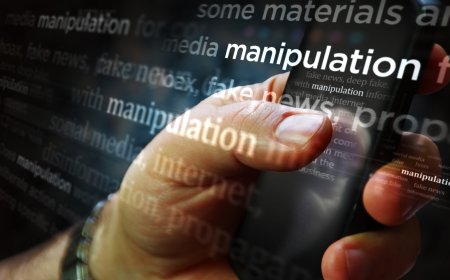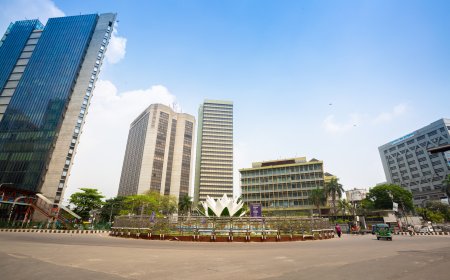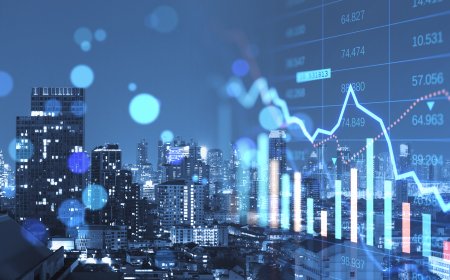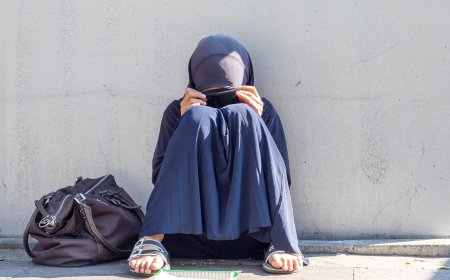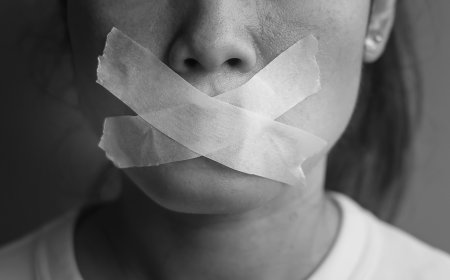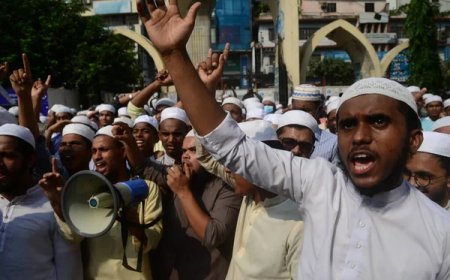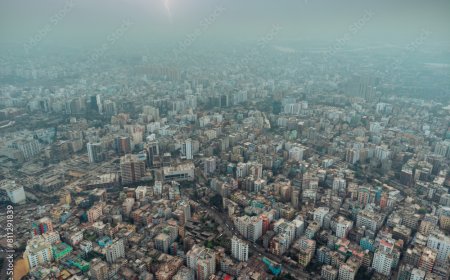Soundtrack for the Apocalypse: A Dhaka Gridlock Playlist
You can't defeat Dhaka traffic. But these tunes can minimize your pain.
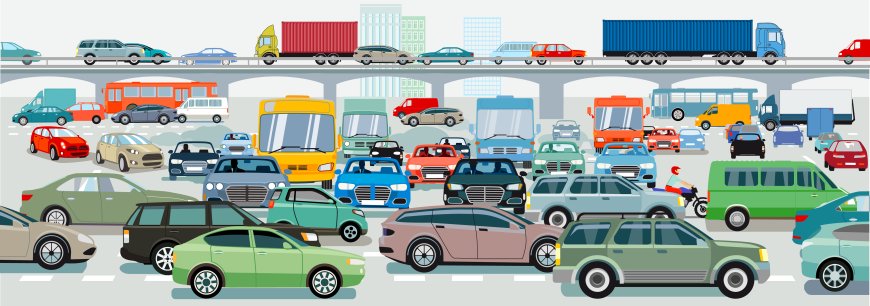
The sun doesn’t set in Dhaka; it simply bleeds into the halogen glow of a billion taillights. You are not in a car; you are in a fossil, a metal coffin being slowly encased in the amber of total gridlock. The temperature is a sweaty 35°C, and the air is a particulate soup that the World Health Organization would classify as a biological weapon.
Your driver, a philosopher in his own right, has accepted his fate and is now using the rearview mirror to meticulously trim his nose hairs. This is it. This is where you will die. But every good death scene needs a soundtrack. So you put on your headphones. Let the cannibal feast begin.
"The End" by The Doors (1967)
This is the only possible opener. As Jim Morrison whispers: “This is the end, my only friend, the end,” a rickshaw-puller, whose calf muscles are carved from teak, tries to haul his passenger over the hood of your car. It’s not an aggressive act; it’s a topological solution.
From your drone’s-eye view -- because you’ve launched it now, why not monetize this societal collapse? the scene is a living Jackson Pollock painting of chaos. The BUET Accident Research Institute calculated this congestion costs the economy $6.5 billion a year, but from up here, it’s pure abstract art. You’re not stuck in traffic; you’re a patron at the gallery of organized irresponsibility, a term German sociologist Ulrich Beck would appreciate.
You livestream the feed, captioning it “Dhaka: The Game You Can’t Win.” A Silicon Valley cool kid named Aiden immediately DMs you: “Dude, this is the most lit AI training data for my dystopian VR game ever. How much?”
"Highway to Hell" by AC/DC (1979)
The irony is so thick you could chew it. Your “highway” is a parking lot that moves at a blistering 4.8 kilometres per hour, a statistic confirmed by numerous traffic studies. The devil, it turns out, is not in the details but in the design.
A bus named “Shadhin” (Freedom) is trying to merge into a space that doesn’t exist, its side scraped raw from a thousand such negotiations. This is the real "Darwinian traffic mayhem" -- a term used by transport researchers to describe systems where survival favours the most aggressive.
The bus wins. It always wins. You don't get road-rage anymore; you get a kind of Stockholm Syndrome, developing a perverse admiration for the ballet of it all. You’re not angry, you’re a connoisseur.
"Sabotage" by Beastie Boys (1994)
The perfect score for the police box ahead. A traffic sergeant, looking like a man trying to hold back the ocean with a teaspoon, is blowing his whistle with increasing desperation. The system, as noted in a World Bank report on urban mobility, is crippled by "institutional fragmentation." In practice, this means the sergeant’s authority ends where the political patronage of the bus driver’s union begins.
The Beastie Boys’ frenetic energy mirrors the staccato of horns, the symphony of a system actively sabotaging itself. You see a man selling fuchka from a mobile cart, weaving through the immobilised steel. You make eye contact, and he offers you a plate. This is the resilience they write about in NGO reports -- the ability to run a thriving food business in the ninth circle of transit hell.
"Breathe" by Pink Floyd (1973)
Time to escape. You close your eyes as the synth drones. “Breathe, breathe in the air.” A terrible idea.
The air is a lethal cocktail of PM2.5 and nitrogen dioxide, a fact regularly highlighted by Dhaka's air quality index. This isn’t air; it’s smoke from the funeral pyre of productivity. You open your eyes and see an elderly woman, a sari pulled over her head, trying to cross the road.
It’s a real-life game of Frogger where the frogs are soft, brittle, and precious. You get out. You curse the policymakers, the overpaid consultants, the gods. Then you take her arm. For three minutes, you are a god yourself, parting a sea of steel. It’s the most meaningful thing you’ll do all day.
"I'm Gonna Be (500 Miles)" by The Proclaimers (1988)
The ultimate walking anthem. And you could walk. At this pace, you’d likely beat your car to its destination by a solid hour. But you don’t. Why? Because leaving the air-conditioned metal shell feels like surrendering to the chaos. It’s an admission of defeat.
So you sit, while the song’s relentless cheerfulness becomes a form of audio torture. You think about the 8.2 million working hours lost daily to this gridlock, a number so large it becomes abstract. Right now, your own lost hour feels painfully concrete.
"Money" by Pink Floyd (1973)
The sound of cash registers ringing in your head. Your drone feed is getting views. Someone from Norway is asking about carbon offsets. The fuchka-wala is making a killing. The driver of the black Land Cruiser with blacker tints is on his phone, undoubtedly making a deal that will further congest the city.
The economic cost of $6.5 billion annually is just the aggregate of a million tiny transactions happening right here, right now, in the gridlock. The pursuit of money built this city, and the lack of investment in public goods, as countless urban planners have lamented, keeps it trapped.
"Anarchy in the U.K." by Sex Pistols (1976)
But this isn't Britain. This is Dhaka, where the anarchy is more nuanced. It’s not a rejection of rules, but the operation of a parallel set of codes. The rickshaw knows how much space it can take. The bus knows how much it can bully. The pedestrian calculates the speed of an oncoming CNG with the precision of a physicist.
It’s a complex, self-organizing system that is simultaneously collapsing and functioning. Johnny Rotten’s snarl is the perfect tribute to this beautiful, terrible, self-made order.
"Where the Streets Have No Name" by U2 (1987)
A prayer for a city that no longer has streets, only corridors of congestion. The song’s yearning opening mimics your own desire for escape, for a geographic absolution. The streets here have too many names, too many histories buried under asphalt and anger.
The government’s much-touted "Updated Revised Strategic Transport Plan" promises future metro lines and bypasses, but in the present tense, the only thing flowing is the river of honking metal.
The Edge’s guitar seems to cry for the pedestrians who constitute over 26% of traffic fatalities, their lives lost on streets named for heroes.
"The Sound of Silence" by Simon & Garfunkel (1964)
You try it. You mute the playlist. For three glorious seconds, there is nothing. Then the silence is brutally murdered. The horn of the bus behind you is not a sound; it’s a physical pressure, a demand. A vendor screams “CHAaaa!” A thousand engines idle in a dissonant choir.
This is the opposite of silence.
This is the sound of a city screaming.
You put the headphones back on, a desperate act of self-preservation.
"Always Look on the Bright Side of Life" by Monty Python (1979)
The credits roll. You’re still stuck. You’ve been here for two hours. The fuchka was delicious. The old woman made it across. Your drone battery is dead, but Aiden from Silicon Valley sent you 0.05 Ethereum for the footage. Your driver has moved on to cleaning his ears.
The gridlock has broken, not with a roar, but with a weary, collective sigh. You inch forward. The Python crew’s whistling gallows humour is the only appropriate response. You haven’t beaten the system. You haven’t solved the crisis. But you’ve curated the hell out of it. Tomorrow, you’ll do it all over again. Because in Dhaka, the game is unbeatable, but the soundtrack is absolutely killer.
Zakir Kibria is a Bangladeshi writer, policy analyst and entrepreneur based in Kathmandu. He can be reached at [email protected].
What's Your Reaction?







